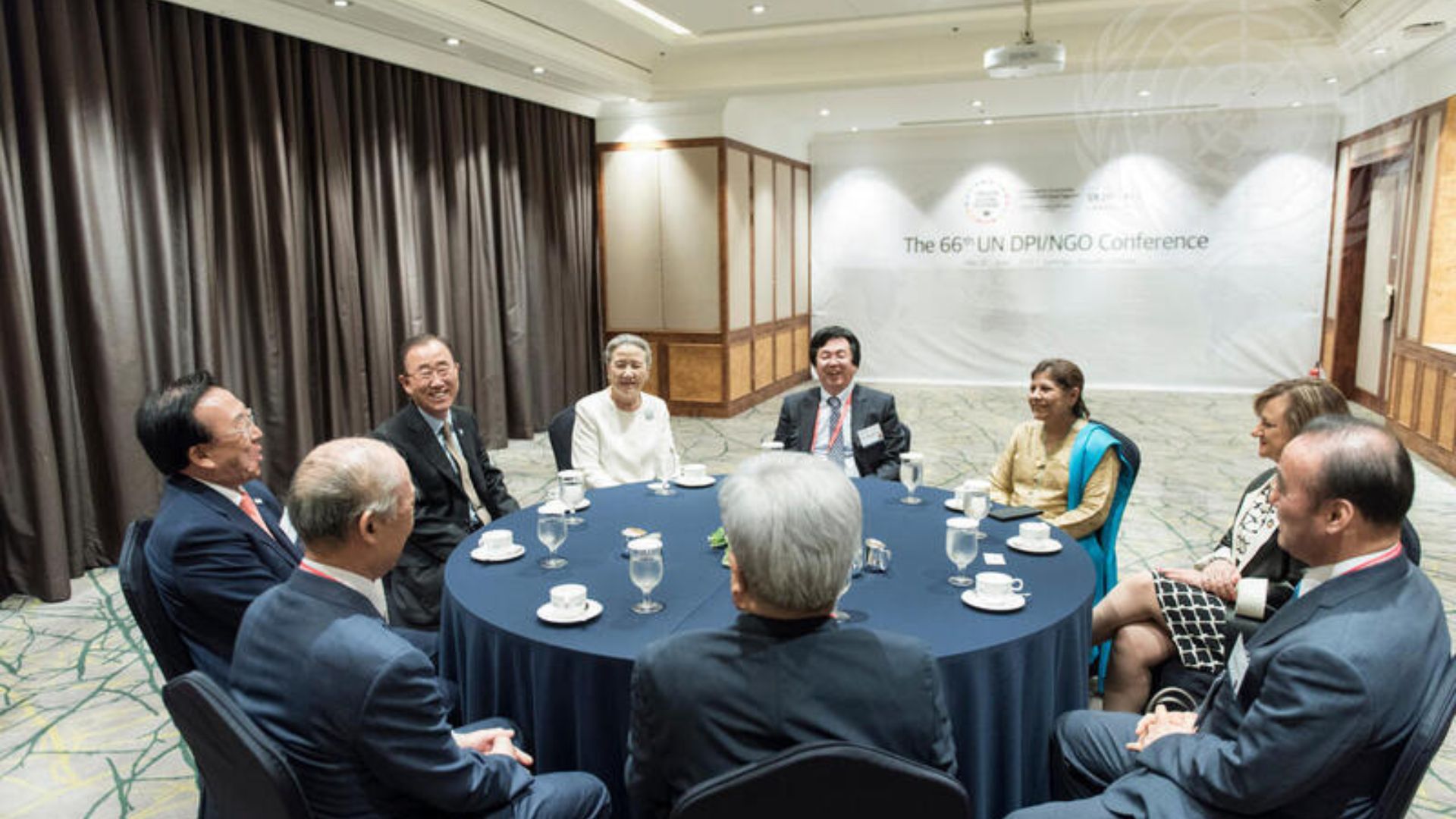Strengthening international organizations is crucial for fostering global cooperation and addressing worldwide challenges. These organizations play a key role in promoting peace, economic development, and human rights. In this article, we’ll explore effective strategies for strengthening international organizations, focusing on their operational, structural, and collaborative aspects.
Enhancing Organizational Transparency
One of the most effective ways of strengthening international organizations is by improving transparency. Transparency ensures that the actions and decisions of these organizations are open and accountable. By making their processes and finances more transparent, international organizations can build trust among member states and stakeholders. This can involve regular reporting, clear communication channels, and accessible records. Enhanced transparency not only boosts credibility but also encourages more active participation and support from the global community.

Increasing Member Engagement
Another crucial aspect of strengthening international organizations is increasing member engagement. Active involvement of member states ensures that the organization reflects a diverse range of perspectives and interests. To achieve this, international organizations can implement mechanisms for regular consultations and feedback. Engaging members through workshops, conferences, and working groups helps in aligning goals and fostering a collaborative environment. This approach can lead to more effective decision-making and stronger commitment from all parties involved.
Promoting Inclusivity and Diversity
Inclusivity and diversity are essential for strengthening international organizations. Organizations that embrace a wide range of viewpoints and experiences are better equipped to tackle complex global issues. By promoting diversity in their leadership and staffing, international organizations can ensure that various perspectives are considered in their strategies and policies. This inclusivity helps in addressing global challenges more effectively and in a more representative manner.
Enhancing Operational Efficiency
Operational efficiency is a key factor in strengthening international organizations. Efficient operations mean that resources are used effectively, and goals are achieved with minimal waste. International organizations can enhance operational efficiency by streamlining processes, adopting modern technologies, and implementing best practices. Regular evaluations and audits can help identify areas for improvement and ensure that resources are allocated optimally. This approach not only improves the organization’s performance but also enhances its ability to respond to global needs swiftly.
Strengthening Collaborative Networks
Building and strengthening collaborative networks is vital for strengthening international organizations. Collaboration with other organizations, governments, and non-governmental entities can enhance the effectiveness of international initiatives. By forming partnerships and working together on common goals, international organizations can leverage additional expertise, resources, and support. These networks also facilitate knowledge sharing and innovation, which are crucial for addressing global challenges.
Improving Funding Mechanisms
Financial stability is crucial for strengthening international organizations. Adequate and sustainable funding allows organizations to implement their programs effectively and maintain their operations. Improving funding mechanisms can involve diversifying revenue sources, enhancing fundraising efforts, and ensuring that financial contributions are used efficiently. Transparent financial management and accountability also play a significant role in building confidence among donors and member states.
Fostering Capacity Building
Capacity building is another effective way of strengthening international organizations. This involves investing in the skills and capabilities of the organization’s staff and infrastructure. By providing training, resources, and support, international organizations can enhance their ability to achieve their goals and adapt to new challenges. Capacity building also helps in developing leadership skills and fostering a culture of continuous improvement within the organization.
Enhancing Communication Strategies
Effective communication is essential for strengthening international organizations. Clear and consistent communication helps in conveying goals, strategies, and outcomes to both internal and external stakeholders. Improving communication strategies can involve using multiple channels, engaging with media, and ensuring that messages are accessible and understandable. Good communication fosters trust, promotes collaboration, and enhances the organization’s overall effectiveness.
Addressing Global Challenges Proactively
Proactively addressing global challenges is crucial for strengthening international organizations. This means anticipating potential issues and preparing strategies to address them before they escalate. International organizations should focus on identifying emerging trends, conducting research, and engaging with experts to stay ahead of global challenges. A proactive approach ensures that the organization remains relevant and effective in responding to the world’s evolving needs.
Evaluating and Adapting Strategies
Finally, regular evaluation and adaptation are key to strengthening international organizations. By continuously assessing performance, outcomes, and strategies, organizations can make necessary adjustments to improve their effectiveness. Evaluation processes can involve feedback from stakeholders, performance metrics, and impact assessments. Adapting strategies based on these evaluations ensures that the organization remains dynamic and responsive to changes in the global landscape.
Conclusion
In conclusion, strengthening international organizations involves enhancing transparency, increasing member engagement, promoting inclusivity, and improving operational efficiency. Building collaborative networks, improving funding mechanisms, and fostering capacity building are also crucial. Effective communication, proactive challenge management, and regular evaluation further contribute to an organization’s success. By implementing these strategies, international organizations can better address global challenges and foster a more cooperative and effective international community.

